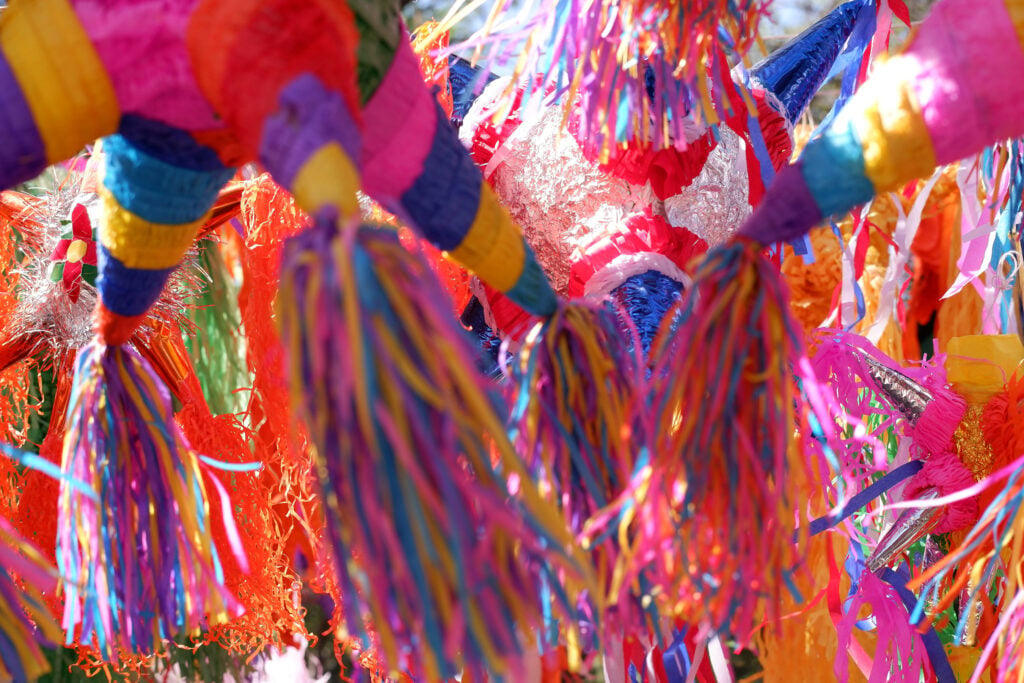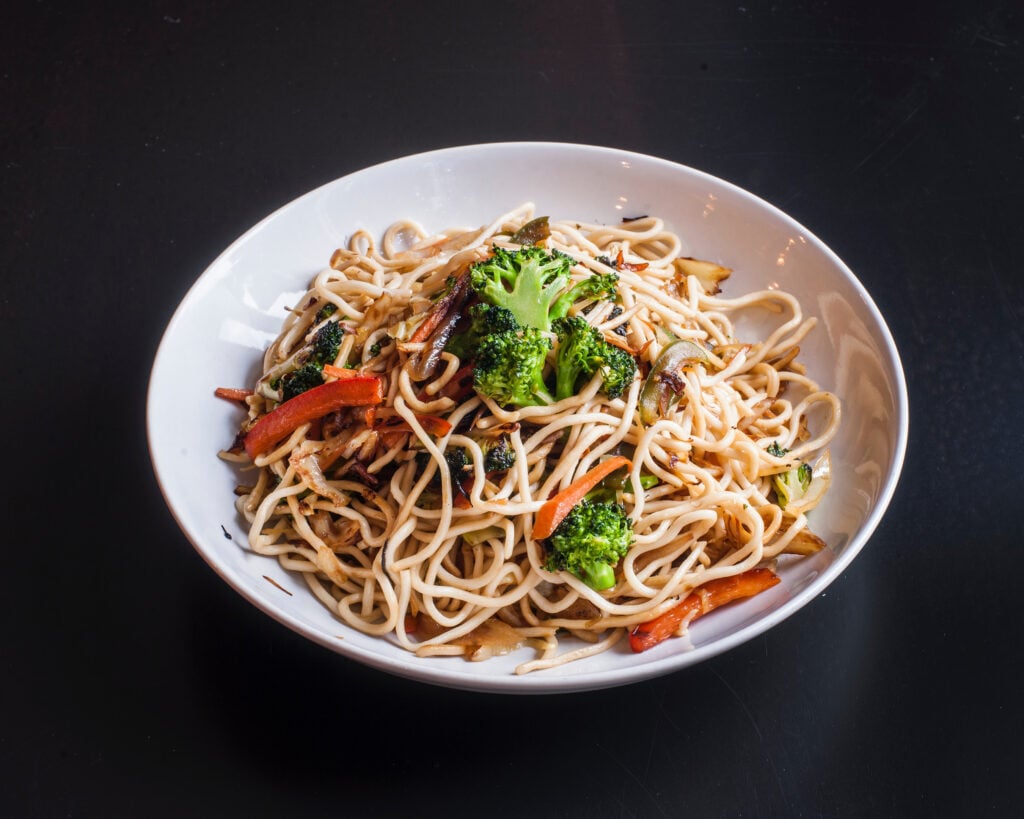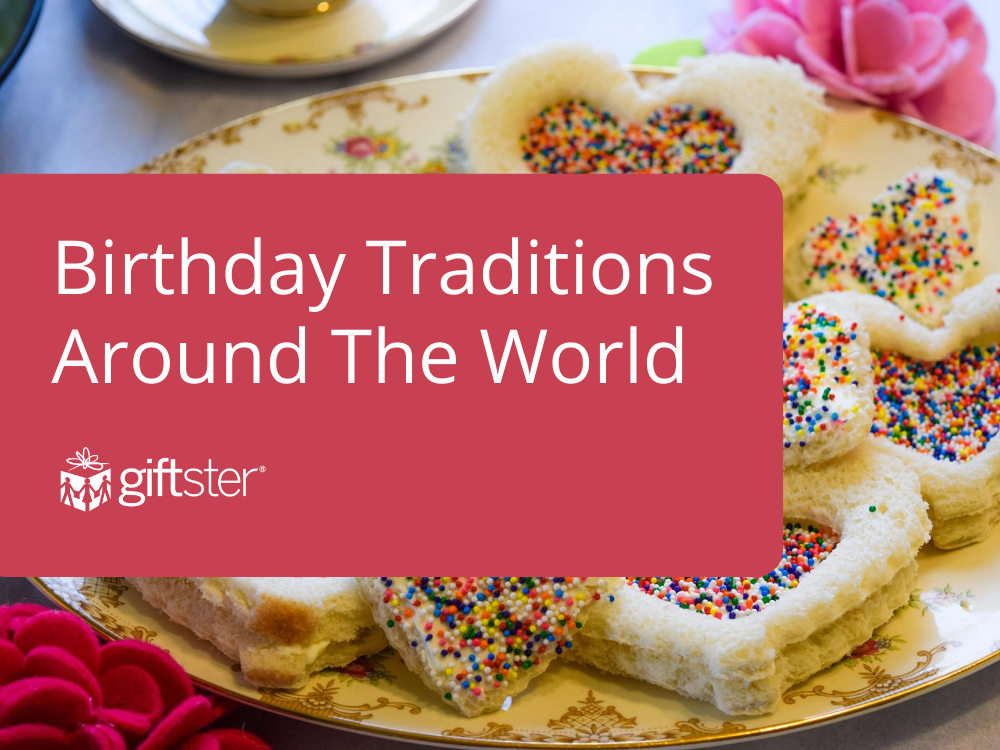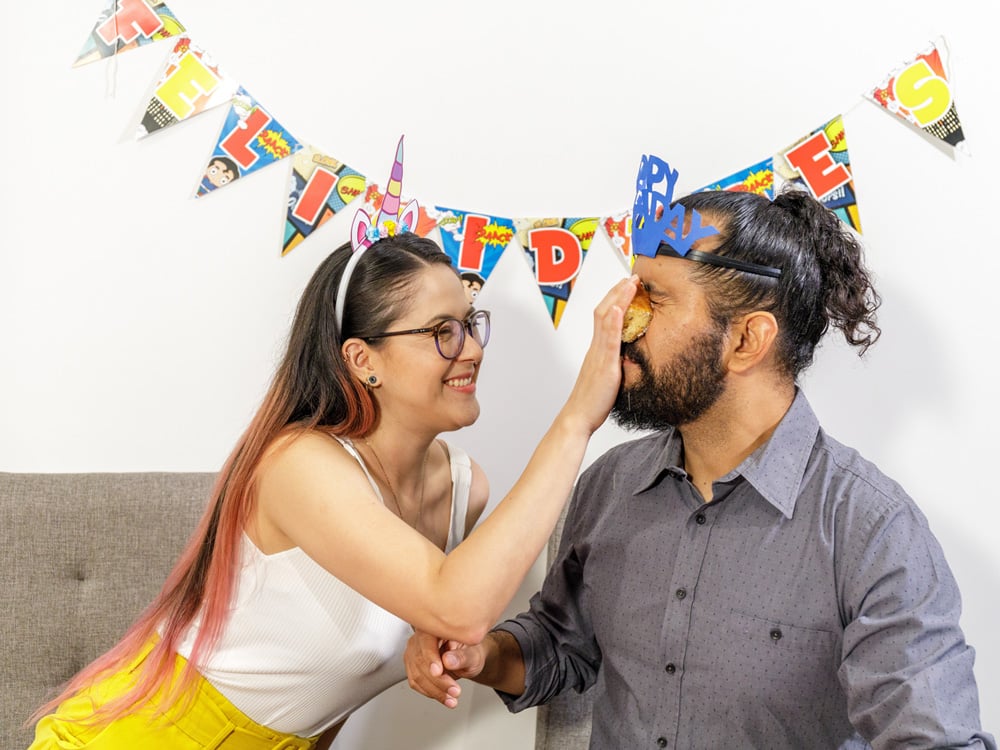Even though the United States is a melting pot of people from a variety of cultures, we have some American birthday traditions that seem to be followed by many. Sending greeting cards, giving gifts, eating birthday cake, and saying happy birthday are all in celebration of another year in a person’s life.
Throughout the world, the tradition of giving gifts to someone on their birthday is quite common – a practice we can thank the ancient egyptians for. The process of giving thoughtful gifts has certainly changed since ancient times – where we now have access to handy online wish list services like Giftster. The sentiments and reasons behind the celebrations and gifting traditions remain the same.
Aside from gift-giving, what other birthday traditions are seen around the globe?
Check out some of these international birthday customs, some sweet, some silly, and some rooted in tradition.
North American Birthday Traditions

Canada: To ward off bad luck, the person celebrating their birthday has their nose greased, usually with butter, by friends and family.
Jamaica: A messy tradition, Jamaicans will throw flour at you on your birthday in what they call antiquing. It’s usually done when you’re not expecting it.
Mexico: Birthday parties are celebrated by having a piñata filled with candy. People take turns hitting the piñata until it breaks open spilling all the candy. Also, they sing the traditional birthday song “los Mañanitas” to the person celebrating the birthday.
South American Birthday Traditions
Argentina: Birthdays in Argentina are celebrated with tea sandwiches and sweet pastries called sandwiches de miga and masas. Children also get a tug on their earlobe for every year they are old.
Brazil: The birthday boy or girl is given the first piece of cake, but they do not keep it for themselves. They give it to the most important person in their lives. For kids, that’s usually the mom or dad.

Asian Birthday Traditions
China: In China, eating a plate of long noodles on your birthday is supposed to help bring long life. Also, traditionally, a baby’s first birthday is the day of their birth to mark the beginning of their first year of life. The following year, the child is counted as 2 years old wherein the United States, we would count them as being 1 year old. Additionally, your age increases by one year with the beginning of each lunar new year. This is regardless of age. So if a baby is 1 year old at birth and born a week before the end of the lunar new year, the next week when the lunar new year rolls around, the baby is counted as 2 years old. You are basically counting the number of years you’ve had life in, not how many full, 356-day years you have lived through.
India: After singing the birthday song, the special birthday person cuts a small piece of cake and feeds it to all the guests. They usually start with their closest family members first. After everyone has had a bite, the guests take turns feeding the cake to the birthday boy or girl, which sometimes gets a bit messy and fun.
Israel: In Israel, the birthday child wears a crown of flowers or leaves and is raised while sitting on a chair the same number of times as their age. Also, on a child’s 3rd birthday, they receive their first haircut.
Vietnam: Instead of celebrating individual birthdays, it’s customary for everyone in Vietnam to celebrate their birthday together on Tết, which is Vietnamese New Year’s Day.
African Birthday Traditions
Ghana: Children are woken on their birthdays to eat a fried sweet potato patty called “oto.”
Nigeria: A person’s 1st, 10th and 15th birthdays are the most important, and are celebrated with large parties with their families.

Australian Birthday Traditions
Australia: Children eat fairy bread which is bread with butter and candy sprinkles on top.
New Zealand: After the candles are blown out on the birthday cake, the birthday person receives a clap for every year they are old.
European Birthday Traditions
Austria: In some parts of Austria, birthdays are celebrated the night before the person’s actual birthday.
England: At 21 given a key to the house to symbolize that they have reached adulthood and can come and go as they please. This is also a tradition in other countries like Ireland, Scotland, and South Africa.
Germany: In Germany, it’s bad luck to wish someone happy birthday on any other day but their birthday. Also, single men over 30 sweep the steps of their local city hall while friends through pebbles in their path. This is to show that the man is unattached and eligible.
Holland: A person’s 5th, 10th, 15th, 20th, and 21st birthdays crown years in Holland. Special and usually larger gifts are given for these years. Also, a man’s 50th birthday is known as Abraham and a woman’s 50th birthday is known as Sarah after Abraham and Sarah from the Bible.
Ireland: Children are hung upside down and their heads gently “bumped” on the floor, one for every year they are old.
Italy: While the literal translation of Happy Birthday is Buon Compleanno, most people say Auguri or Tanti Auguri which translates to “best wishes.” Or you could say “tanti auguri di compleanno” which translates to English as “many best wishes for your birthday.”
Do your birthday traditions include gift giving? Visit giftster.com to create a free birthday wish list – the original two-way gift registry for families and close friends.











